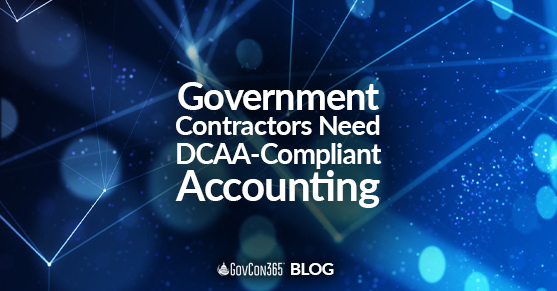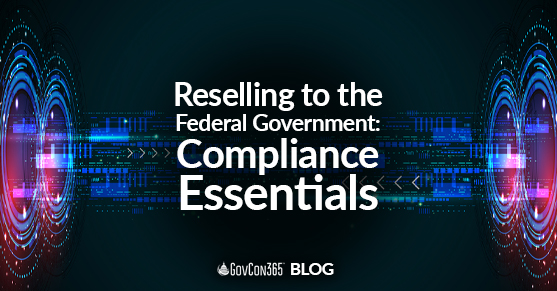
by GovCon365 | May 15, 2025 | Blog, DCAA Compliance, Government Contracting
Landing a government contract can be a game-changer for your business. However, with it comes the responsibility of adhering to stringent regulations, particularly those enforced by the Defense Contract Audit Agency (DCAA). A DCAA audit can seem daunting, but with...

by GovCon365 | May 9, 2025 | Blog, Government Contractors, Microsoft Dynamics 365
In today’s fast-paced world, government contractors need to streamline their operations to remain competitive, and GovCon365, powered by Microsoft Dynamics 365, is one of the leading solutions for achieving this efficiency. One of the most valuable resources...

by GovCon365 | May 1, 2025 | Blog, DCAA Compliance, Government Contracting
Congratulations, you’re a government contractor! You’re navigating complex contracts and contributing to vital projects. But as you grow, off-the-shelf Enterprise Resource Planning (ERP) systems might start to feel… well, not adequate. Government...

by GovCon365 | Nov 18, 2024 | Blog, DCAA Compliance, Government Contractors
As a government contractor, navigating the many regulations and compliance requirements can be complex and time-consuming. One area that needs more focus is financial management, including accounting systems that follow the Defense Contract Audit Agency (DCAA) rules....

by Paul Skurpski | Nov 11, 2024 | Blog, Compliance, Government Contracting
Navigating Unique Federal Government Compliance Requirements can be difficult for Government Contractors Reselling Products. Compliance regulations ensure that contractors conduct business ethically and legally with the government. Here are some of the key compliance...

by GovCon365 | Nov 4, 2024 | Blog, Compliance, Microsoft Dynamics 365
In the competitive and highly regulated world of government contracting, selecting the right software platform to support finance and operations is critical. Microsoft Dynamics Business Central, a comprehensive business management solution, helps government...







